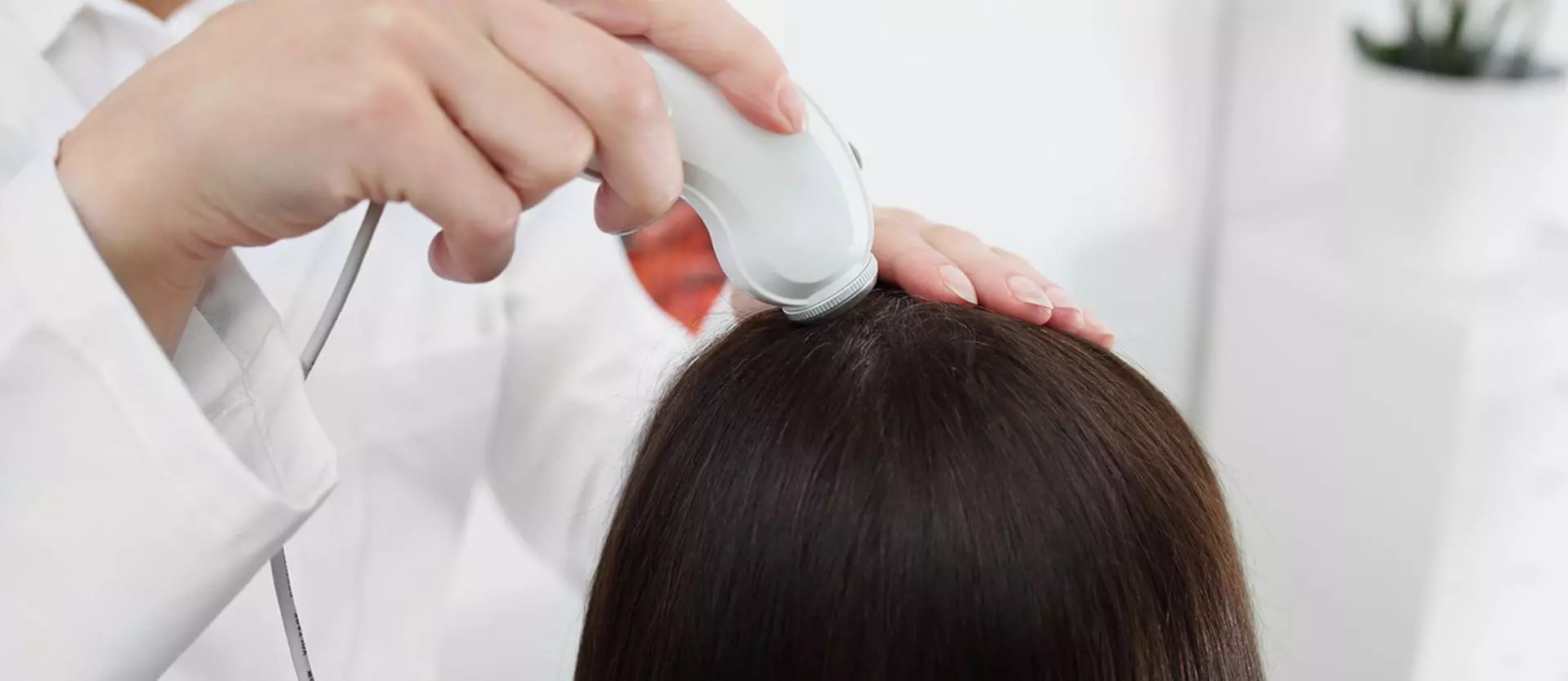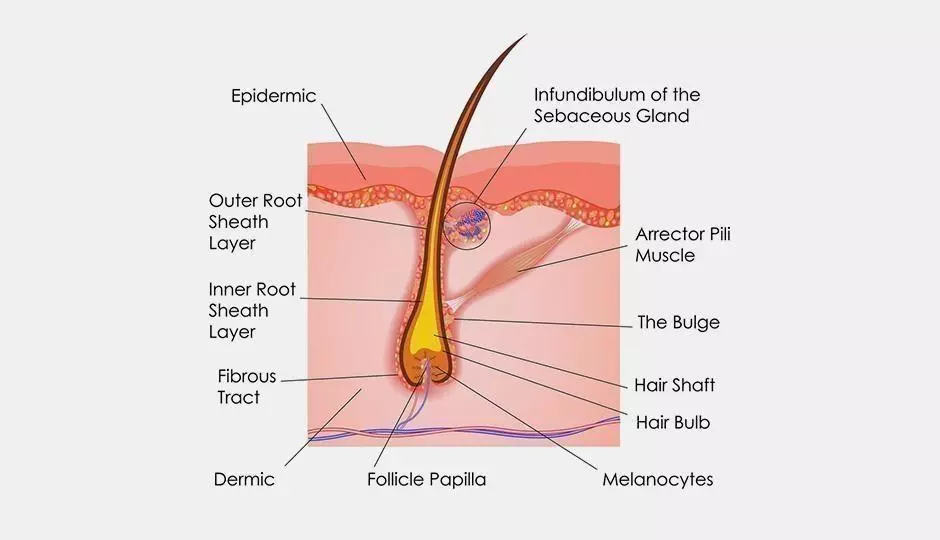Many people suffer from hair loss, but some do not realize the underlying cause. A condition called cicatricial alopecia, also known as scarring alopecia, could be one of the reasons behind your hair loss. This is a term that refers to a set of different disorders all centered around hair loss. It is made up of several rare conditions. Only about three percent of all individuals who have hair loss have this form of alopecia. Nevertheless, it can impact men and women. Most of the time, it impacts them when they are healthy with no other reasons that seem obvious. Could this be why you are losing your hair?
What Is the Condition?
In some people, this condition causes damage to the hair follicles, which are the shafts that hair grow from and help produce hair. As noted, there are many forms of this condition. This can include frontal fibrosing alopecia, central centrifugal cicatricial alopecia, folliculitis, eosinophilic pustular folliculitis, dissecting cellulitis, and lichen planopilaris. All of these conditions differ a bit, but they can prove to be damaging to the skin at the follicle, making it impossible for hair to grow in this area. In most of the situations, it is not possible for hair to grow, simply because there is scarring of the tissue present. That makes the hair loss permanent.
How Do You Know If You Have it?
It can be hard to pinpoint this form of alopecia. However, in most forms of scarring alopecia, there are a few key early warning signs that you should be on the lookout for. For example, the areas of impact tend to develop small portions of missing hair. This usually starts out in a small area, but it will get larger over time. One notable feature is that the missing hair tends to come in small round areas. Because they are so round, that may give you an indication of the underlying problem.
However, most of the time, these small areas can be quite hard to spot. They are usually no larger than the fingertip to begin with, which makes them more likely that your hair stylist will see them before you do. Nevertheless, you may notice them as they get a bit larger.
Another key indication is severe itching. This tends to become more common as the hair loss becomes more obvious. As the scarring alopecia area grows, the area begins to itch significantly. In some cases, people also feel a burning sensation and inflammation develops. This can make it hard for you to ignore the area any longer.
In many situations, the pain can worsen. And, you may find that the hair loss area is getting larger. It may remain very round still, but the amount of space it takes up is likely to be larger. In other forms of this condition, the edges of the patches are less round and more ragged. In some cases, they may be painfully red. To find out, take a closer look at your scalp. You may notice areas where the skin is missing first but also look at the coloring of the scalp in those areas.
In some situations, you may have a very clear, round patch of no hair. In others, there could be scaling, pinker skin, or less pink skin in others, as well as redness. Some people may also develop painful blisters. When this occurs, it is an indication that an infection may be occurring. You should seek out medical treatment for this as the fluid and pus within these blisters can be problematic and can worsen the condition on your skin.
Your doctor will be able to give you more insight into whether or not you have scarring alopecia as well as which form you most likely have. In nearly all cases, this is done by examining the area and then taking scalp biopsies, or portions of the skin tissue, to look at closer. In most situations, inflammation of the hair follicles exists and can create a worsening level of care without it.
If you believe you have scarring alopecia, be aggressive about treating it. Work with your doctor to ensure that your skin is well protected and cleaned. You may not be able to see improvement in your hair loss, but you can see a reduction in pain and stop the scarring alopecia from spreading.
At Unique Hair Concepts, we have helped many guests with scarring alopecia with our non-surgical hair replacement options for men and women.






